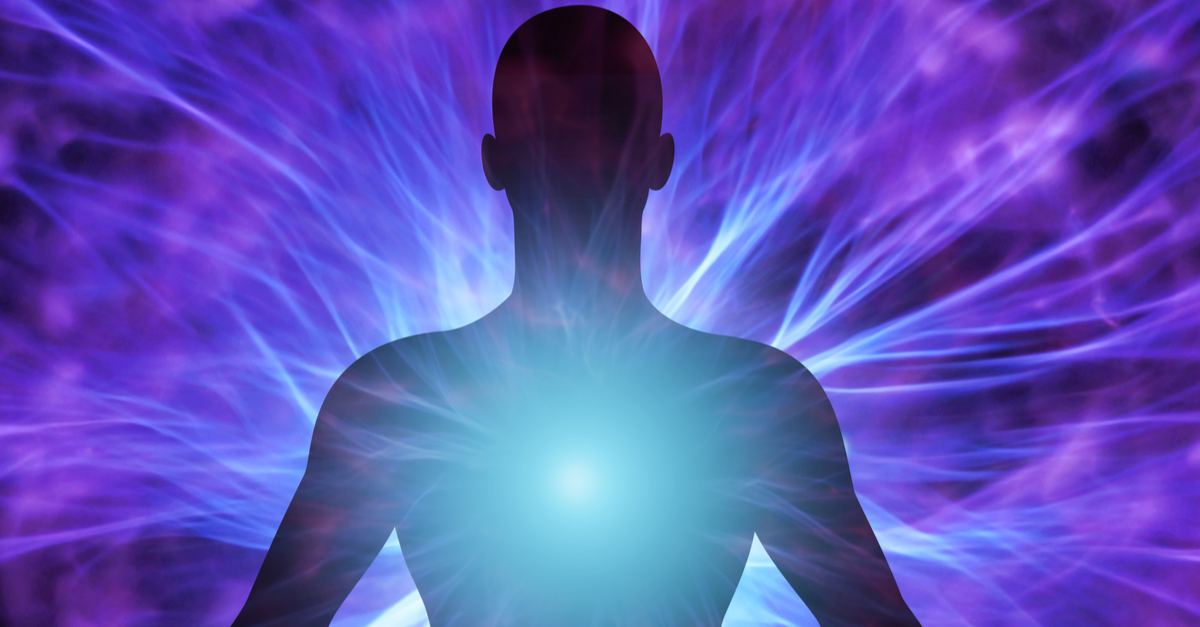 Dr. David Fawcett
Dr. David Fawcett
When addicts (of all kinds) first enter a process of recovery and healing, they are often confused about the nature of spirituality and how it might benefit them in both the short-term and long-term. Often, they confuse spirituality with religion. Other times they confuse spirituality with a non-religious set of beliefs and values held by a group of others that don’t match their own but they are nonetheless expected to hold. Neither of these approaches is an accurate definition of spirituality.
Unsurprisingly, many (perhaps most) newly recovering addicts will struggle to accept either of these concepts as necessary to recovery and healing. They may even rebel against spirituality altogether. Often, such individuals were raised in a traditional religion and have bad memories of that religion – hypocrisy, judgmentalism, manipulation, rigidity, intolerance, xenophobia, etc. In such cases, there are old fears, resentments, and wreckage that push the addict away.
The good news for the recovering addict is that true spiritual connection is not something that others think up, decide is “right,” and choose to impose upon us. Instead, spirituality is based on an authentic personal connection with our own values. Not someone else’s values. Our own values. When we clarify our values, we can find a spiritual connection – either in or out of an established religion or spiritual practice – that helps us live our true values.
So, What Do You Value?
When I think back to the religion of my childhood, I envisioned “God” as having a long white beard, flowing white robes, Birkenstocks, and a magic staff that he uses to create floods, plagues, tornadoes, and all sorts of other punishments any time we step out of line. He was said to be kind and filled with love, but religious stories depicted a God who was more unpredictable, judgmental, and harsh than accepting and affectionate.
This was not a Higher Power that I was willing to turn to in my early days of recovery (or any time since, for that matter). This angry old man was just not what I needed at that point in my life. In retrospect, this is not a surprise, given the fact that his values did not even remotely resemble my own. That said, I wasn’t sure what my values really were. I just knew that my then-conception of God was judgmental and short-tempered.
Thus, it was clear to me, even in the early stages of recovery when I was still in an addictive fog most of the time, that I did not believe in or connect to the God of my childhood. Nor did I want to. But I also knew on some level that my lack of belief in a Higher Power left me with a void – a hole in the soul – that I did not know how to fill. I needed a sense of connection with something greater than myself, but I struggled to trust other people, and God and religion (as I knew those things at that point in my life) were not cutting it.
What I needed was a Higher Power that reflected my values, even though, as stated above, I had no idea what my values were. And I have found that I am not the only recovering addict to experience this conundrum. If you find yourself in this situation, the following exercise can help.
To identify your most important positive traits and values, rate the following qualities from 1 to 5, with 1 being the lowest and 5 being the most highly regarded. Please try to be honest. Do not rate a certain characteristic high or low because you think that’s how you’re supposed to feel. Rate each item as accurately as you can, based on what you really think.
- Courage 1 2 3 4 5
- Creativity 1 2 3 4 5
- Empathy 1 2 3 4 5
- Faith 1 2 3 4 5
- Hard Work 1 2 3 4 5
- Honesty 1 2 3 4 5
- Integrity 1 2 3 4 5
- Independence 1 2 3 4 5
- Openness 1 2 3 4 5
- Personal Growth and Learning 1 2 3 4 5
- Power, Influence 1 2 3 4 5
- Rewarding and Supportive Relationships 1 2 3 4 5
- Self-Examination 1 2 3 4 5
- Solitude 1 2 3 4 5
- Spirituality 1 2 3 4 5
- Success or Fame 1 2 3 4 5
- Wealth, Material Well-Being 1 2 3 4 5
Were there any values you had trouble rating? Do you have any shame about where you placed certain values? Did you give a higher or lower rating to anything because you think others believe that’s how that value should be assessed? If so, please amend your response to reflect your true feelings.
Your Values Can Help You Define Your Higher Power
As stated earlier, religion and spirituality are not the same thing. Religion is a set of values and beliefs, often involving power and control, which was created by others. Many people choose to identify with a religion, but many more choose not to. Spirituality is different. Spirituality is a higher-level connection (a connection beyond other humans) centered on your values. This means that your Higher Power (however you choose to understand that entity) does not have to be the harsh and seemingly irrelevant deity that I and so many other recovering addicts grew up with.
This “create our own spiritual connection” approach is actually codified in the 12 steps of recovery, which use the language “God as we understand God.” This language was chosen specifically to make the point that no particular belief system is needed to find sobriety and heal from addiction. In recovery, there is no wrong way to find and maintain spiritual connection. In fact, there are as many right ways to do this as there are people in recovery.
That said, countless addicts struggle with the God thing. The religion of their early life is simply too ingrained and the resentments run too deep. In such cases, a simple exercise can help. First, get a large sheet of paper. On it, draw a giant circle. Inside the circle, write attributes – values – that your ideal Higher Power would possess. Then, outside the circle, list the attributes your Higher Power should not possess. Then use a pair of scissors to cut away whatever is outside the circle. These undesirable attributes can then be ripped up and thrown away, ceremonially burned, or whatever. Then you can decide to treat what remains, the desirable Higher Power attributes listed inside the circle, as the reality of your Higher Power.
Another option is to write a job description. To do this, you should ask:
- What do I want from a Higher Power?
- How can I learn to trust this Higher Power?
- What sort of interactive give and take between me and my Higher Power should occur?
Sometimes it helps to write a want-ad.
Sought: A power greater than myself to help me stay sober. Must be readily available and care about my health and well-being. Must understand the nature of my addiction. Must be nonjudgmental about my past. Sense of humor helpful.
In my next posting to this website, I will discuss the process of actually connecting with your Higher Power.
